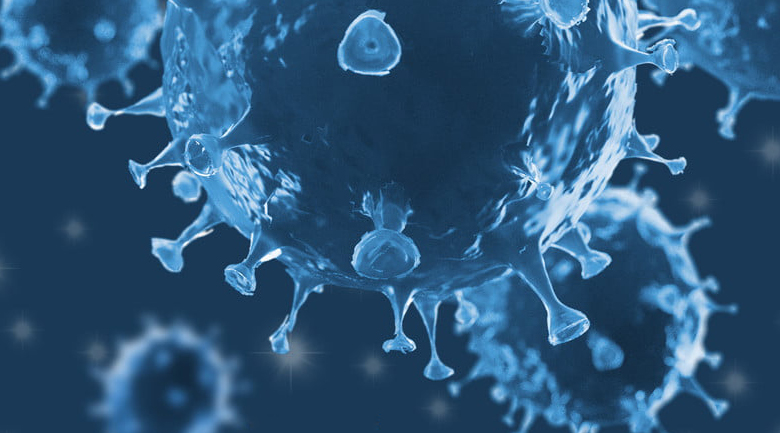
Researchers at the Yale School of Medicine have developed a new kind of COVID-19 treatment designed to stimulate the body’s immune defenses and fight off a coronavirus infection at its earliest stages.
In preclinical animal tests an experimental RNA molecule helped immunocompromised mice completely clear the virus from their system.
Some viruses have cleverly evolved methods to stifle an interferon response, allowing the virus more time to replicate before other immune system defenses catch up.
To do this researchers have developed a synthetic RNA molecule called SLR14.
The RNA molecule was found to be effective against all current circulating variants of SARS-CoV-2, including Delta.
Here the animals were suffering from chronic long-standing SARS-CoV-2 infections and treatment with SLR14 was enough to stimulate an immune response that completely eradicated the virus.
“These results demonstrated that SLR14’s utility extends beyond prophylactic antivirals,” the researchers write in the newly published study, “But also therapeutics that can be given to patients with immunocompromised conditions, providing an immediate solution to simultaneously cure chronic infection and suppress future emergence of immune-evasive variants.”
Akiko Iwasaki, corresponding author on the new study, say this particular finding was “Surprising and spectacular.” It indicates this kind of RNA therapeutic could be very useful in protecting immunocompromised patients who are unable to produce effective levels of antibodies or killer T cells.
Iwasaki also points out these kinds of RNA therapeutics are much cheaper and easier to manufacture than more complex biologic therapies currently used, such as monoclonal antibodies.
Plenty more work, including human clinical trials, will be needed before these RNA therapeutics are ready for widespread use but Iwasaki says more research into this new treatment approach will help us better inform responses to the emergence of novel viruses in the future.
“SLR14 therefore holds great promise as a new class of RNA therapeutics that can be applied as antivirals against SARS-CoV-2,” Iwasaki says.
The new study was published in the Journal of Experimental Medicine.
